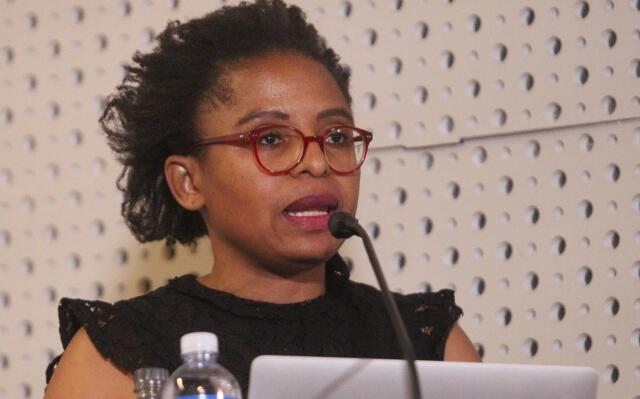The country’s intelligence services are set for yet another major post-1994 overhaul to partly implement the findings and recommendations of the high-level panel into state security and the state capture commission.
THE COUNTRY’S intelligence services are set for yet another major post-1994 overhaul to partly implement the findings and recommendations of the high-level panel into state security and the state capture commission.
President Cyril Ramaphosa’s Cabinet approved the bill in August, but this sparked opposition from trade union federation Cosatu.
At the time, Cosatu stated that it rejected the bill due to its potential to trample on other rights.
The Minister in the Presidency, Khumbudzo Ntshavheni, recently published the General Intelligence Laws Amendment Bill for public comment.
In terms of the proposed new law, the State Security Agency (SSA) will split into the SA Intelligence Agency – responsible for counter-intelligence and domestic intelligence, and the SA Intelligence Service, which will handle foreign intelligence.
According to the, now muted, changes, the SSA will split into domestic and foreign intelligence divisions.
Cosatu said there has been a lot of good progress after the Cabinet approved the bill.
”We’ve raised our concerns very sharply with the government, Cabinet. We had two major concerns about the bill before – one was that it provided for a very broad – and we thought an unacceptably broad, definition of national security.
“We thought it was so broad and unwieldy [that] it would be very difficult to incriminate them and would lead to false prosecution,” Cosatu parliamentary co-ordinator and spokesperson Matthew Parks said.
He added that in addition, the definition of national security in the statute was now much more focused.
”The other concern we had was that they wanted to allow state security to vet people establishing churches or religious institutions or non-governmental organisations.”
Parks said the definition of national security, with the amendments, was now much more focused, and he warned that the original clause could have been unconstitutional and open to massive abuse by state security, and that it was “nonsensical” because there was no capacity to do the work.
The federation was happy that the government responded to their concerns, and, after very frank conversations with the government, Parks said “Cosatu decided that it satisfied me with its demands”.
”We are quite pleased that the government responded quite positively to our concerns. We were quite pleased that they did that before they even went to Parliament.”
Parks indicated that Cosatu would make a submission to Parliament, and keep an eye on the matter.
”We will make our submissions just to make sure there is no reverting back to the previous draft because, it absolutely happened in the previous administration, which came to be a huge problem.”








